“I don’t care how awesome your product is, if you cannot sell it, it doesn’t matter.”-John Barrows (CEO of JBarrows Sales Training)
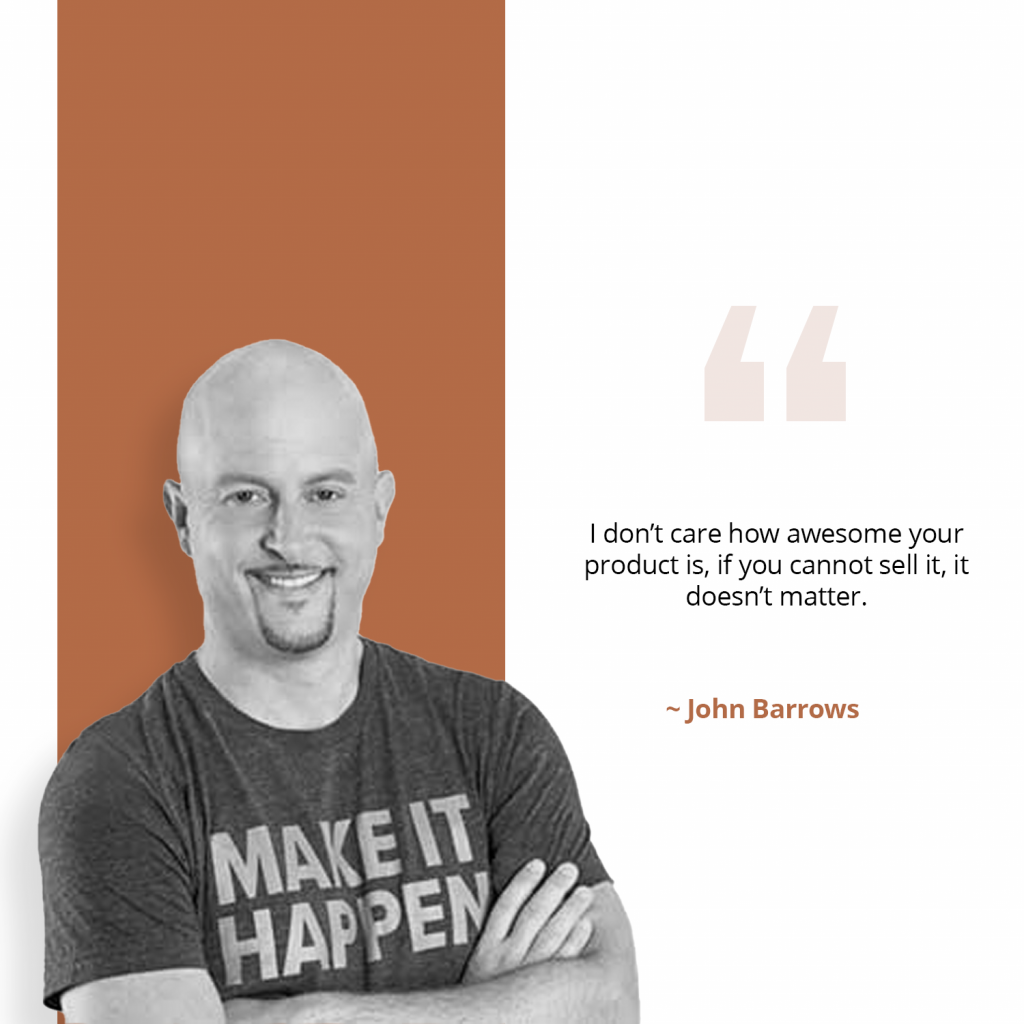
Even if you are selling substandard products but you are well versed with the art of sales then the graph of your sales productivity is only going upwards!
Here are a few more tips for you that sales leaders swear by when it comes to sales performance and productivity. Do not hesitate to take a page from their books.
It’s a lesson, not a failure
“Over my career, I’ve had a lot of valuable learning experiences, and not one failure. I’m on a figuring it out journey, and that one choice has made all the difference in my career.”– Jill Konrath (Best Selling author, speaker, sales consultant)
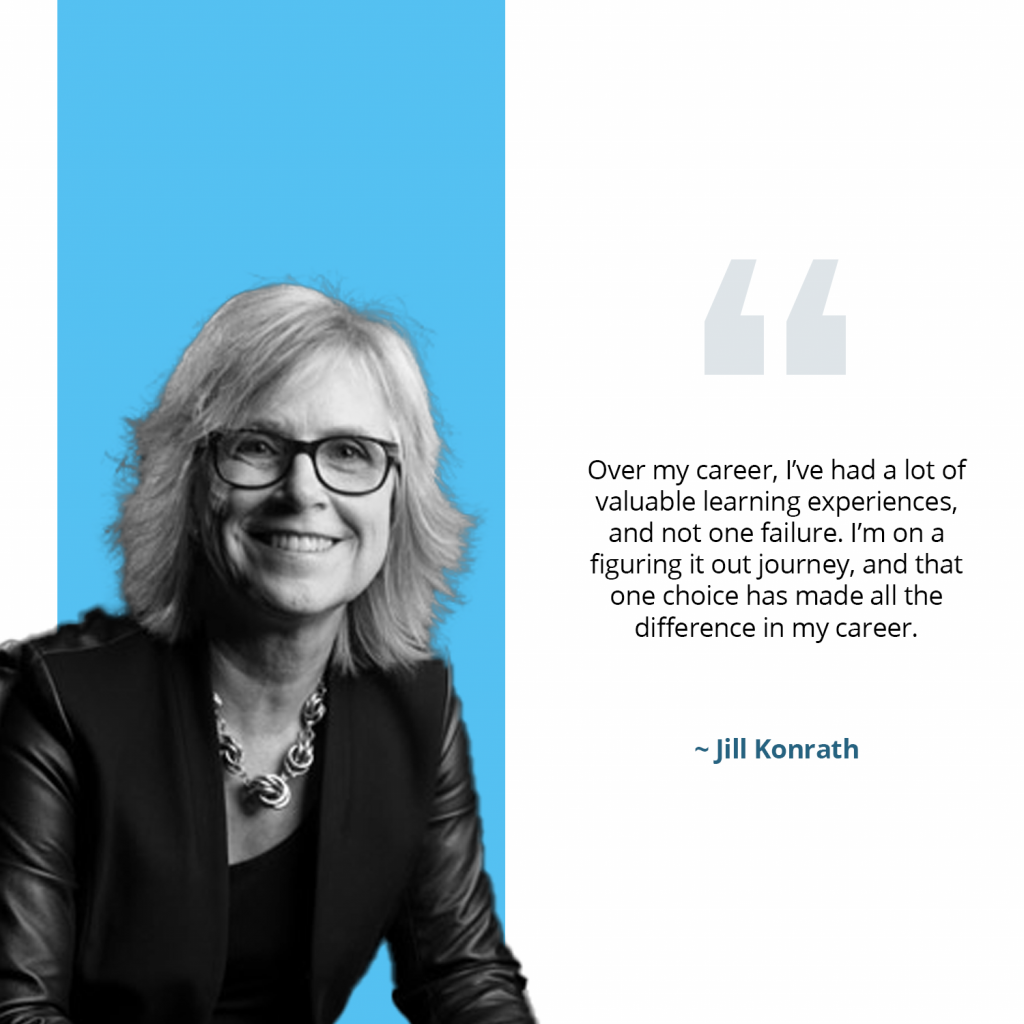
As a salesperson, your outlook towards things will determine your success in the field. Some days you will be stuck in a deep end, other days you might be on cloud nine. But you need to know how to stay calm, humble, and open-minded in all situations. Especially when you’re struck hard by failure. A skill that increases sales force productivity is looking at rejections and failures as learning opportunities.
It is okay to not be able to land a client, it is okay to sometimes fail even after putting in a lot of effort but it is not okay to let your sales productivity get affected by them. Many wonder how to increase sales productivity. They would try different techniques, experiment with different selling styles but forget to learn from past failures. To analyze your sales performance you need to dig deeper and find out why you couldn’t land that client? What was wrong that made the prospect apprehensive about your product?
You can find solutions only when you know what the problem is. Highly productive sales team do not fritter away their time playing the blame game. They invest it in analyzing individual mistakes and then making sure that they are not repeated.
Jill Konrath wouldn’t have been where she is right now if she would have succumbed to her failures.
Invest in your knowledge
“Learn more to earn more. Invest in your development. Read books. Buy courses. Find mentors.” -Kevin “KD” Dorsey, VP of inside sales at Patientpop inc.
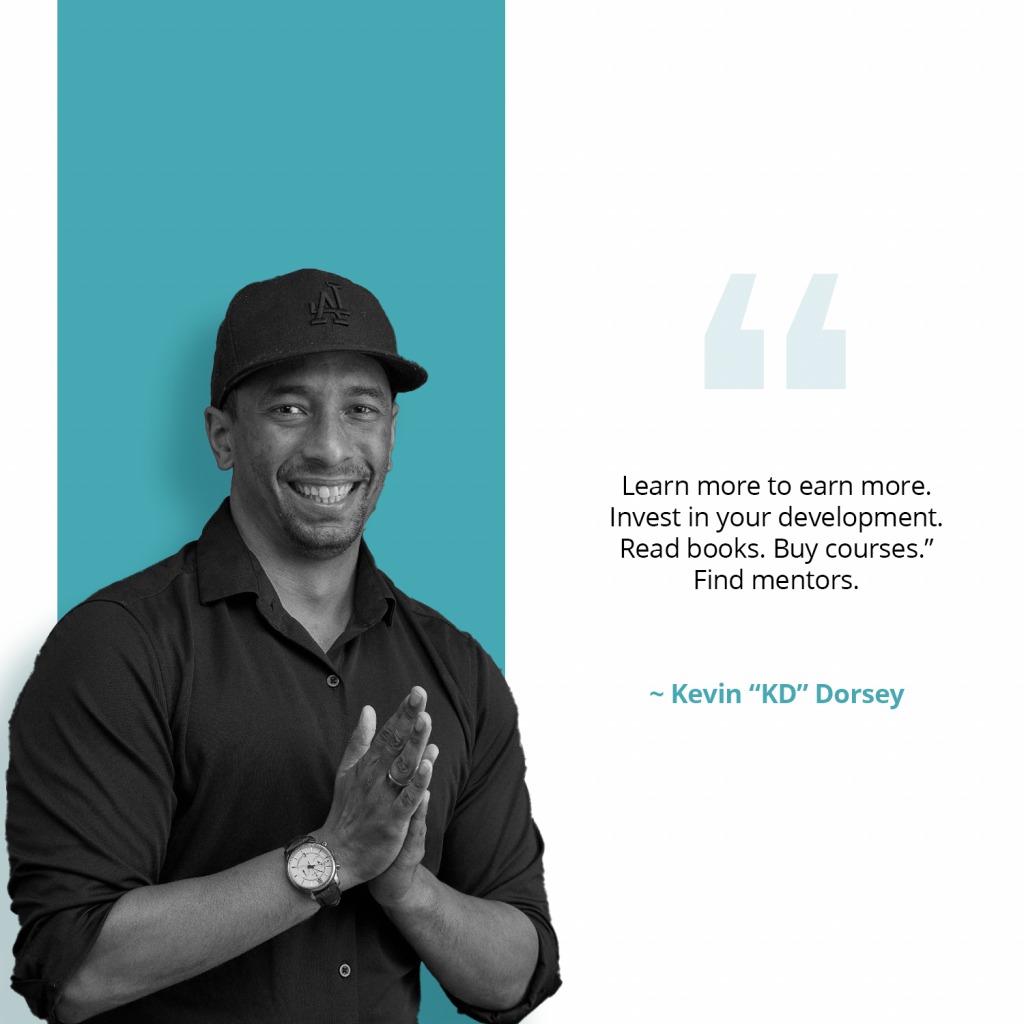
When you are working as a professional (in any field) nobody will teach you anything new unless you choose to learn yourself. You go to your office do your daily chores and come back home. After some time these mundane tasks become monotonous and both your learning and performance at work reach their saturation points.
But learning should never stop. Especially when it comes to sales. Sales is a profession that demands the voluntary pursuit of learning and passion.
To be more productive and make more capital you need to learn more. Ask mentors and coaches how to increase your sales productivity. Reads book on self-improvement. Scratch your potential and work towards becoming the best version of yourself.
When you acquire new knowledge you also want to put it to use, the more you will learn the more you will experiment. Different experiments will yield different results. Some might succeed others might fail miserably. But you will be on the path of constant learning and self-improvement and it would reflect (positively) in your sales performance.
Be emotionally vigilant
“Sales Success doesn’t happen overnight, lead from your heart and use emotional intelligence in every decision. We often say that we are running a Marathon; Consistency and driving for excellence in your Sales routine will trigger regular wins for yourself, your team & Company.” -Doreen Pernel (Regional Vice President – Inside Sales (EMEA) at Dataiku)

Empathy is one of the most underrated skills that a salesperson must possess. A good sales team needs to know how to put itself in customers’ shoes to understand their needs. Empathy is a sign of high emotional intelligence in a person.
Salespersons must have the ability to lead from their heart and understand emotions to comprehend the point of view of the customers and to understand themselves better too. One of the sales productivity tips to bring a significant change in your team’s sales performance is by guiding them to use their emotions when dealing with customers. It is a tactic that highly productive sales teams follow.
When emotions come into play you can easily tap your customers’ nerves and eventually make them buy your product. We tend to feel more comfortable talking to someone when they portray that they understand where we are standing. Make use of your emotions to sell and your customers will follow.
For example, Colgate( a toothpaste brand) uses the line “maa ka bharosa” (a mother’s trust). To sell its product. They are using the emotional aspect here by telling the audience that when mothers trust a product how can you not? Pretty smart huh! No doubt they are one of the leading brands for oral hygiene products.
Treat customers like a king
“People love to support products when they love how a company treats them as a customer.” -Chris Fezza (Founder at Admin Within)

This cannot be said enough. Customers are the pillars of a business. Yours sales productivity will go futile if your customer retention is low.
Like Chris Fezza mentioned customers love to support a product if the business treats them well and if it doesn’t then no matter how good your product is your customers will not bother to promote it or even buy it themselves if they are not treated right.
When you treat your customers right they come back to you again and again. When that happens it boosts the morale of your sales team eventually enhancing their sales productivity.
Do not draw boundaries in your bond
“If you can, as a sales professional impact that buyer on a human level then that immediately makes them more apt to want to buy from you.” -Anita Nielsen (President and owner of LDK Advisory Services, advisory board member of the National Association of Women Sales Professionals, founding member of the Sales Enablement Society)

As a salesperson, one should be professional yet amicable so that you can connect with a person as one human to another. Try to make a strong first impact on your customers by building a meaningful bond. Confining and drawing a boundary around the relationship as ‘just’ a seller and customer will bring a gap that would be hard to bridge.
Instead of being a seller try being a human to your prospects. Do not cram a pitch to flatter them or do not say things just for the sake of it. Say what you believe and tell why the customer should buy your product. Instead of just blabbering a generic script, elaborate to them how it will add value to their life.
When you will be able to relate to your customers better you will be less likely to get exhausted. It’s because you won’t be working as a robot selling a product but a human being selling his belief.
Being pushy will not help
“It only makes sense to have a conversation with someone that actually wants to talk to you and ultimately buy your product” – Ernest Owusu

Do not push too hard. Make peace with the fact that a person won’t buy a product if they are not interested. If you get to know a customer’s intent in the first interaction itself then it would be pointless to go after them again.
Focus your time and energy on customers who are either interested in your product or those who are not yet sure but might buy your product eventually.
Investing your caliber in the right set of people will help you in increasing your sales productivity as well as help in building a loyal customer base.
Focus on what the customer is saying
“Before I go out on an important sales call, with all the tools that are available, I still just carry around a little notepad and pencil. I’ll write down 3 or 4 good questions I want to ask, make a little plan, and then tear it up so that I’m not pulling it out in front of my prospect” -Neil Rackham (bestselling author, sales consultant, academic)

To become a successful salesperson, always keep a pen and paper handy and your ears open. You need to hear more than you ever need to speak.
Hear your customer attentively to understand what they need and then ask relevant questions from them. Your teams’ sales productivity will improve only when it will know what are customer preferences and then prepare their pitch accordingly.
Say less convey more
“When you use too many words it portrays you aren’t confident in what you’re saying.”-Michael Tuso (Director of Revenue Performance at Chili Piper)
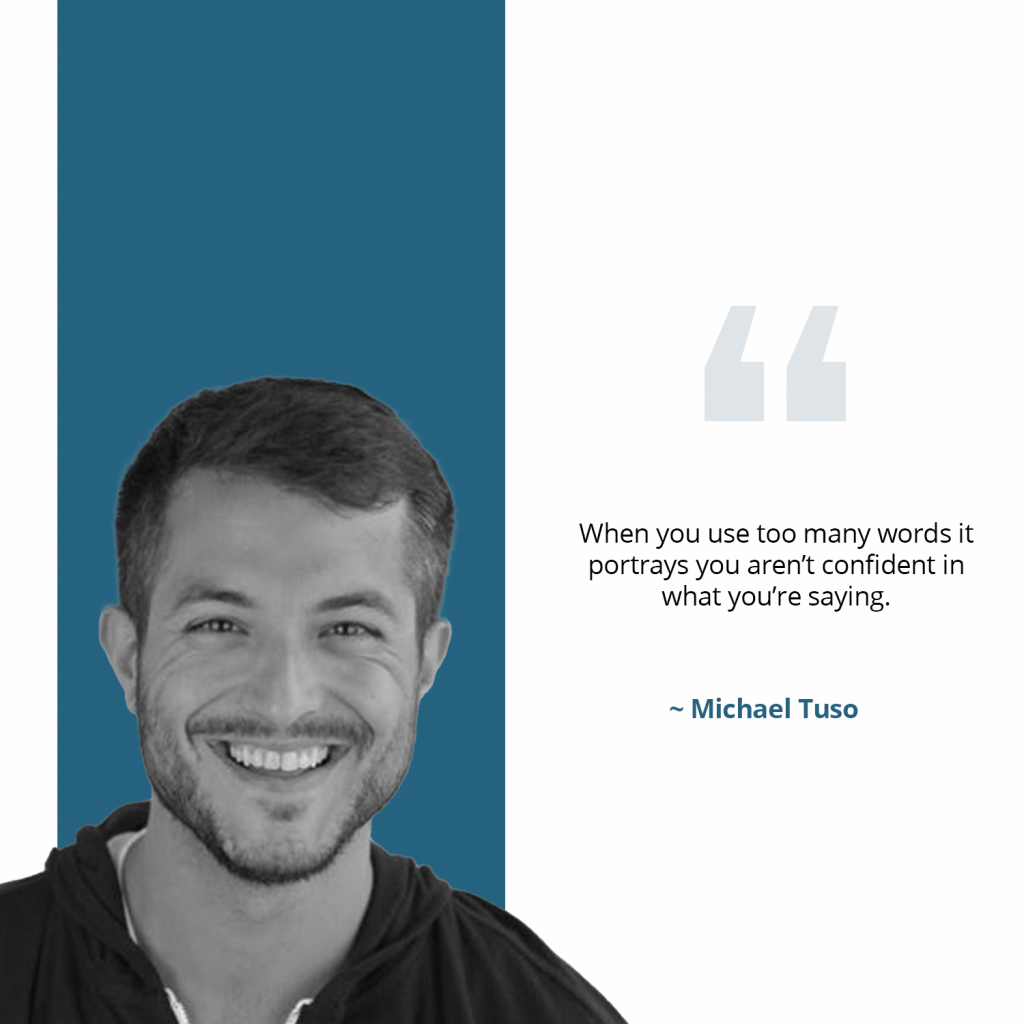
Less is more when it comes to sales. As mentioned before, hear more and talk less. Give the customer an opportunity to talk and figure out how your product will help them.
If you will talk too much then the customer will feel that they are not being heard and some might even feel disrespectful.
So why give them the opportunity to doubt your credibility or upset them?
Evolve with customers
Last but not the least, to derive productivity from your sales team you need to change as your customer changes. Rigidity is the trait of weak and flexibility makes you win when it comes to pleasing customers.
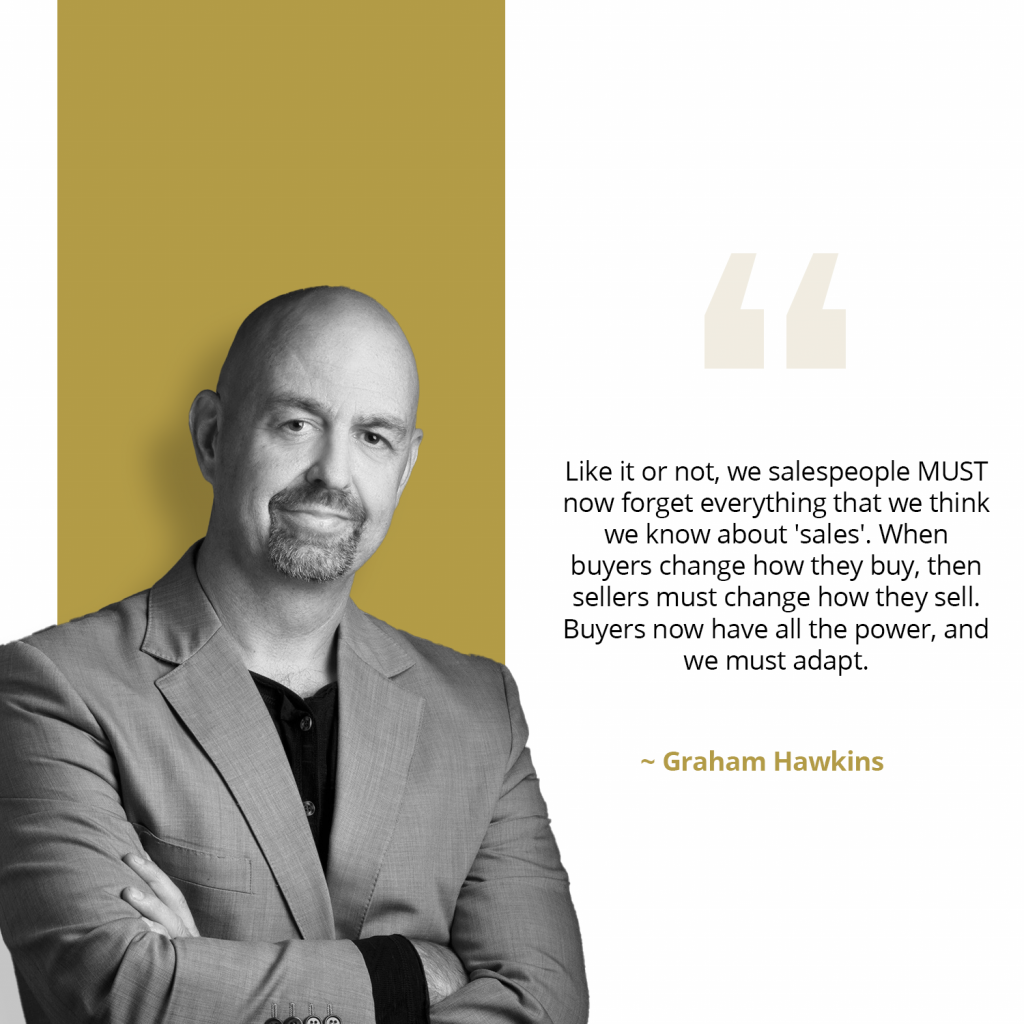
“Like it or not, we salespeople MUST now forget everything that we think we know about ‘sales’. When buyers change how they buy, then sellers must change how they sell. Buyers now have all the power, and we must adapt.” -Graham Hawkins (Founder and CEO of SalesTribe)


